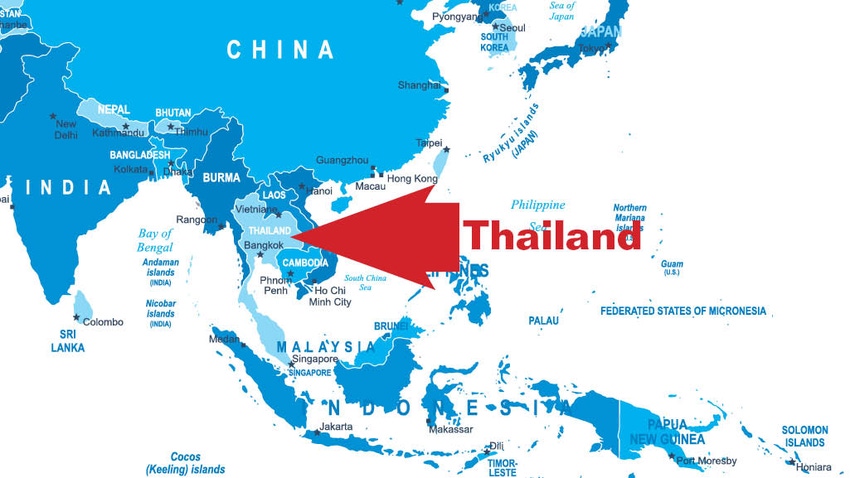
By Siraphob Thanthong-Knight
Export-reliant Thailand said President Donald Trump’s decision to suspend some U.S. trade benefits will affect only a small proportion of its shipments.
The impact is expected to be limited and would cut annual export value by at most $32.8 million in 2020, the Commerce Ministry said in a statement Sunday. The U.S. is Thailand’s second-largest export market, and shipments were worth $31.9 billion last year, data compiled by Bloomberg show.
The U.S. said Friday it will suspend $1.3 billion of benefits under the generalized system of preferences, and that Thai seafood products will be removed from the program. It said the steps were triggered by concerns about workers’ rights.
Thai exports have struggled this year because of the strength of its currency and the fallout of the U.S.-China trade war. The nation is on course for the slowest economic expansion in five years.
The generalized system of preferences provides preferential duty-free treatment for thousands of products to bolster the economies of developing nations, according to the Office of the U.S. Trade Representative. The U.S. terminated duty-free access for Turkey and India under the same program earlier this year.
Seafood Products
Thailand said Monday that it will seek talks with the U.S. to regain the scrapped benefits.
“GSP is a one-sided grant,” Keerati Rushchano, the acting director general of Thailand’s Department of Foreign Trade, said in a briefing, referring to the generalized system of preferences.
“It will go away one day, so exporters need to adjust themselves and find new markets to diversify the risk,” he said.
The U.S. said the suspension on Thai goods will take effect in six months and focus on products for which America is a relatively important market for the Southeast Asian nation, but where Thailand accounts for a relatively small share of U.S. imports.
What Bloomberg’s Economists Say
“Thailand is the latest target of U.S. trade warfare, but may not be the last in Southeast Asia. In our view, the U.S. suspension of Thai trade preferences goes well beyond concerns about the working conditions of Thai fishermen. Rather, it’s a second warning shot to firms thinking about diverting production from China to Asean as a means to avoid punitive U.S. duties.” - Tamara Mast Henderson, Asean economist
The eligibility of all Thai seafood products for the program will also be revoked due to “longstanding worker rights issues in the seafood and shipping industries,” the office said.
Thai Union Group Pcl, one of the world’s biggest canned-tuna producers, said Sunday it doesn’t expect a material operational impact from the U.S. decision.
Trade under the generalized system of preferences between Thailand and the U.S. totaled $4.4 billion in 2018, according to the Office of the U.S. Trade Representative.
--With assistance from Suttinee Yuvejwattana.
To contact the reporter on this story:
Siraphob Thanthong-Knight in Bangkok at [email protected]
To contact the editors responsible for this story:
Sunil Jagtiani at [email protected]
Nasreen Seria
© 2019 Bloomberg L.P.
Read more about:
Donald TrumpAbout the Author(s)
You May Also Like




